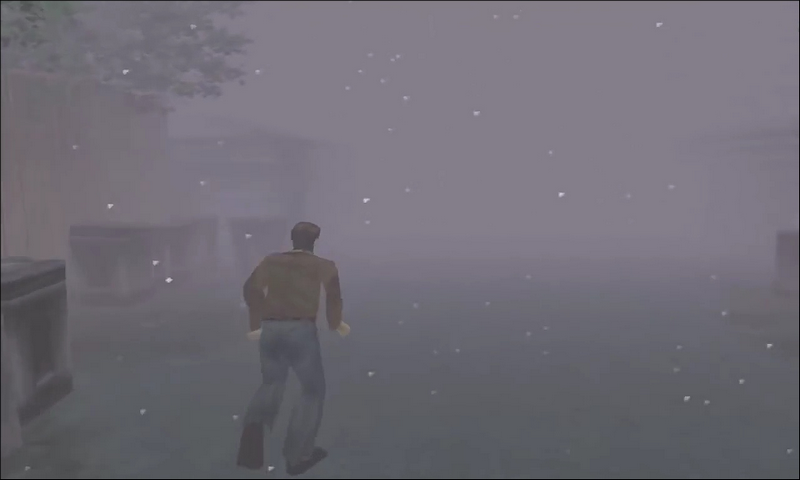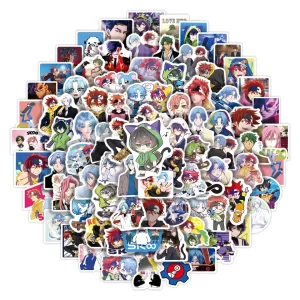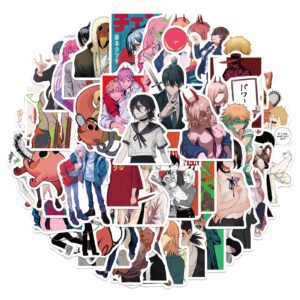
Some game series have been around for decades now with little to no change. Sure, Mario may get a new water-powered jet pack in one game. And Link a new inventory full of tools and gadgets on a new adventure, but in terms of their mainstream titles, most series tend to find a genre and stick to it (excluding spin-off titles of course). But, what happens when a game series decides to change genres, either all at once, or slowly over time? Whether it be for financial reasons, changes in staff, or an attempt to reach a new audience, several beloved series have cast off their original genre and turned into games fans of the originals might find completely unrecognizable. Let’s take a look at some of the most dramatic examples.
Warcraft

Let’s get the big one out of the way first. Warcraft was released by Blizzard way back in 1994 on the MS-DOS as an RTS. Over the next decade, they released two sequels and plenty of expansions all sticking to the RTS genre. And it was doing extremely well for them. The games sold great, and a strong community loved the base building, unit management style game play the series helped bring to the mainstream.
![]()

Believe it or not, Fallout didn’t start with Fallout 3. In fact, Fallout 1 and 2 looked far different than how Bethesda re-imagined the series in 2008. The original 2 games, both PC exclusives, were deep RPGs with tons of options for curious players. Dialogue was deep, funny, and quests often pitted difficult questions of morality to the player. Combat, if the player chooses to even participate in that part of the game, is completely turn-based.
Fast forward to 2018 and we’re given Fallout 76. I’m sure everyone’s sick of hearing about this game by now so I’ll keep it brief. Is it a deep RPG? Not really. Are there tons of options and creative solutions for the player to discover? Nope. What about the dialogue? Until recently there weren’t even NPCs in the game, so…Even if 76 was a good game, it is certainly not a Fallout game like the first two.
Silent Hill


This one is personally painful. When you imagine Silent Hill, what comes to mind? Looming dread? Vague shapes stalking you deep in the fog? Isolation, confusion, morbid curiosity? The first three, maybe four, Silent Hill titles were masters of the horror genre. Where others played on disturbing imagery alone, Silent Hill attempted to get in your head. That town was so well crafted that essays dissecting the mysteries and symbolism found within decades later. So, what did Konami decide that series needed? A diablo-lite, multiplayer focused dungeon crawler. Yeah, it’s about as bad as it sounds. Almost as bad as turning the series into some kind of gambling machine…wait.
Resident Evil


Less than a year before RE:7 took the series back to its genre roots, the Umbrella Corps was unleashed on the world. And while the RE series is rife with spin-off series and diversions, none quite fall as far from the source as this. Even in a series that already shifted camera perspectives, added co-op, and was more horror themed than actual horror, Umbrella Corps has nothing but zombies and the backdrop of the Resident Evil world to connect it. Not only was this a first (or third) person game, but marketed as a competitive shooter. Yeah. The series known for cryptic puzzles, slow, plodding combat, and strict inventory management. If turning a series like that into a multiplayer shooter doesn’t reek of desperation stronger than a shambling corpse, I don’t know what does. Thankfully the series seems to be back on track since RE:7 and the two remakes.
Sonic


“Gotta go fast!” “He’s the fastest thing alive!” Even the name Sonic itself references the defining feature of the game – speed. And yes, the Sonic series has an…uneven history to say the least. But, with few exceptions, going fast is one of the few threads that holds his series together. While you might expect this pick to be Sonic the Fighters, there’s one other game even further from Sonic’s roots. One that is so rarely mentioned most people may not even realize it exists. That game is Sonic Chronicles: The Dark Brotherhood. A turn-based RPG developed by Bioware for the DS. Yeah, that’s a real sentence you can say. This one just speaks for itself, really. Is there anywhere a series based on going fast can go than a turn-based RPG? I struggle to think of one.
Those are just five examples of game series that lost their way. Some found success in turning their defining formula on their head. Most didn’t. What are some other games that took a 180 from their originals? Share more examples in the comments!












